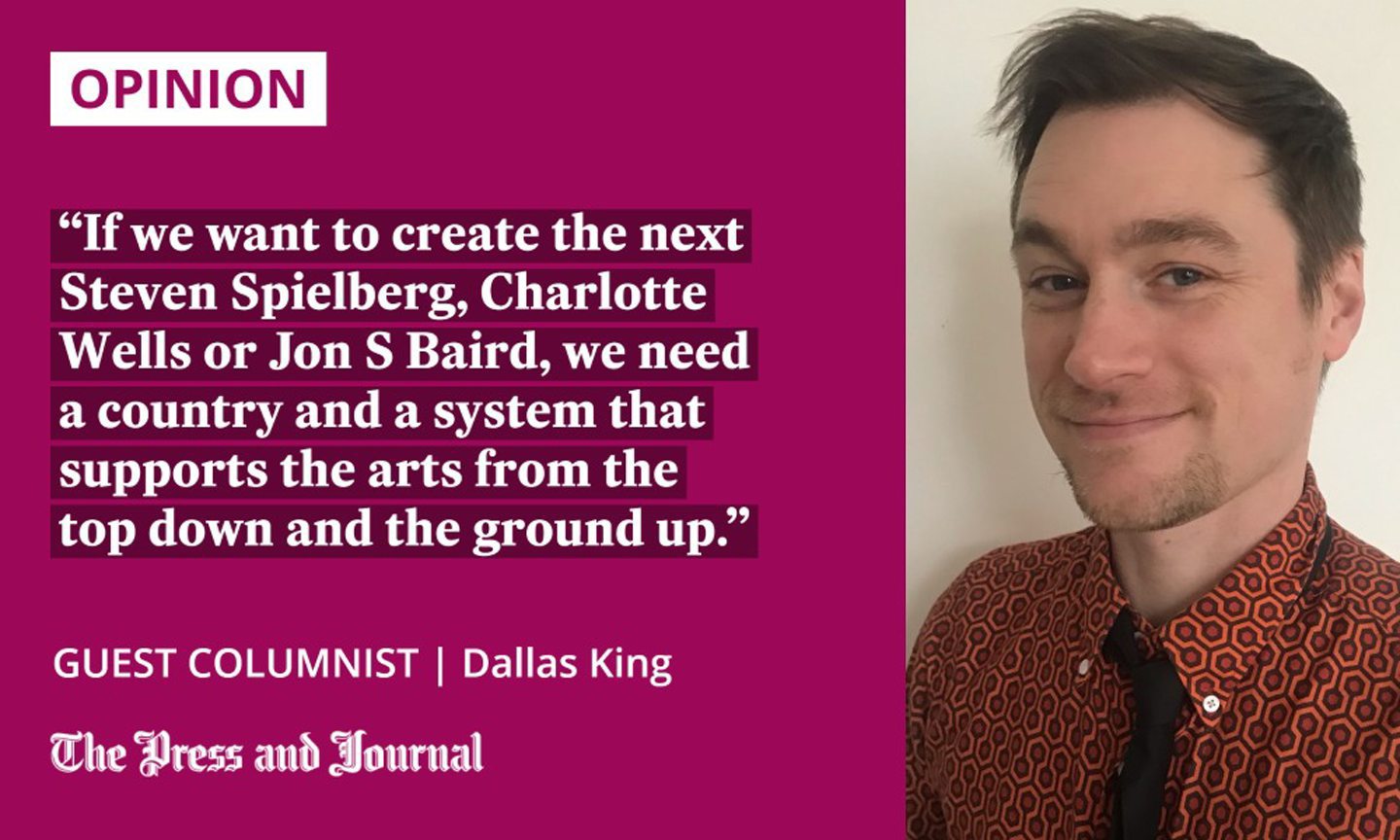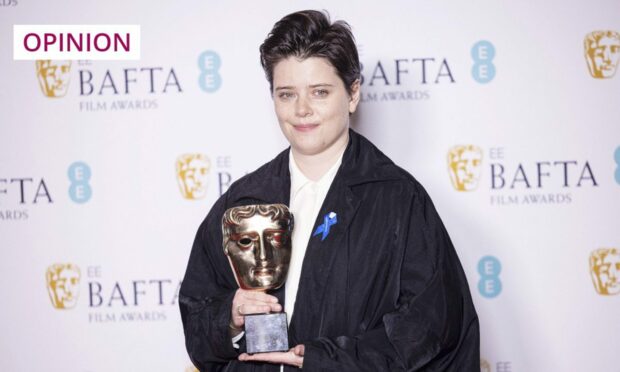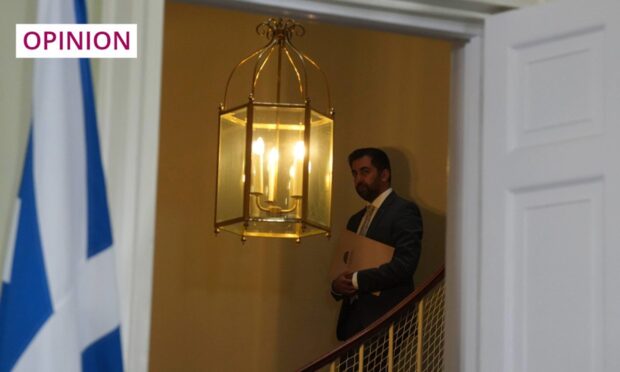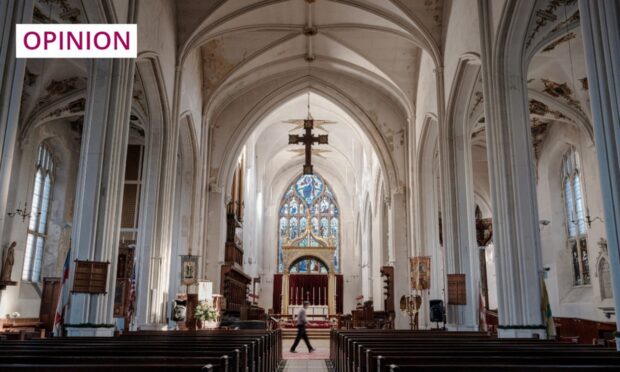Amid the glitz and glamour of the Baftas, there was no mention of the current precarious state of the UK’s independent cinema sector, writes Dallas King.
As a film critic, this is my favourite time of the year (outside of my annual trip to the Venice Film Festival).
The last two months have been spent catching up as we march full speed ahead down the road to the Academy Awards; five-star films as wildly different as Tár and Babylon competing against blockbuster nominees such as Top Gun: Maverick. Film fans really have been treated to a bit of Everything Everywhere All at Once.
This year, however, has felt different. Bittersweet, in fact.
As a former manager of Aberdeen’s Belmont Filmhouse, I know first-hand how important awards season is to cinemas like the Belmont, when a large proportion of admissions and revenue was generated from showing the nominated and winning films.
This past Sunday saw the pinnacle of the British film calendar take place – the Baftas. An opportunity to mark the achievements of the nation’s film industry, as well as cinema from all around the world. Yet, as the credits rolled, the big question I was left with was: how seriously are we in Great Britain taking the arts, and cinema in particular?

What struck me about the ceremony was that despite the glitz, glamour and congratulations on show, there was complete silence on the current state of the independent cinema sector in the UK. No one during the red carpet interviews, opening monologue or the acceptance speeches mentioned the struggles being faced by the very people who screen the movies they make.
My favourite film of last year was Charlotte Wells’s Aftersun, which rightly won the Bafta for Outstanding Debut. The Scottish film opened the Edinburgh International Film Festival in August, shortly before it went into administration, along with the closure of the Belmont.
It does beg the question. What good is it to celebrate British films if there are no cinemas in which to show them?
Yes, there are multiplexes – but the majority of the nominated films are not a priority in their schedules. You are lucky to catch them on limited shows for a week, if at all, before they make way for the latest Marvel blockbuster.
In fact, if you had wanted to experience the film that won the top award at the Baftas, All Quiet on the Western Front, on the big screen, it would have involved a day trip to the Dundee Contemporary Arts centre, or Glasgow Film Theatre.
It is disheartening that a city like Aberdeen is currently without an independent cinema to screen and champion movies such as Aftersun, but we are not alone. Venues such as the Filmhouse in Edinburgh and Light House in Wolverhampton have closed their doors, and others like Eden Court in Inverness have reduced their opening hours to cut costs.
Cinemas can educate, entertain, inform and inspire
It is undoubtedly a difficult time, not only for cinema but the arts in general. Having struggled to bring audiences back in through the doors post-pandemic, venues now face soaring energy bills and inflation.
There was some relief this week when the Scottish Government rolled back on a proposal to cut funding to Creative Scotland, which provides vital support to arts organisations across the country. Still, there is no room for complacency.
Independent and community-focused cinemas give people a passport to visit other worlds, or simply to see their own world from another point of view
There is likely to be a tightening of belts at local authority level, with difficult decisions to be made in the weeks and months ahead as budgets are decided, whilst audiences face a cost-of-living crisis.
Going to the movies can be an escape. Goodness knows, after the last couple of years, we can all do with one now and again. However, cinema is also art and can hold a mirror up to society and give audiences a chance to see themselves represented on screen.
Independent and community-focused cinemas give people a passport to visit other worlds, or simply to see their own world from another point of view. They can educate, entertain, inform and inspire.
In his recent interview with The Press & Journal, local screenwriter Chris Watt said: “We’re not going to have a generation who are curious about film as an art form in this area if we don’t have somewhere like the Belmont to show it.”
In Steven Spielberg’s semi-autobiographical The Fabelmans, his surrogate character is inspired to become a filmmaker after a trip to the cinema. If we want to create the next Spielberg, Charlotte Wells or Jon S Baird, we need a country and a system that supports the arts from the top down and the ground up, providing venues, resources and opportunities to screen the movies that inspire future generations to tell their stories.
In terms of the Belmont, this is merely an intermission in its story. The Save The Belmont campaign is working to maintain that audience. So, when the projectors whir back to life, we all need to be there, popcorn in hand, to watch and celebrate the best of British cinema and beyond.
Dallas King is a film critic, writer and podcaster from Aberdeen












Conversation